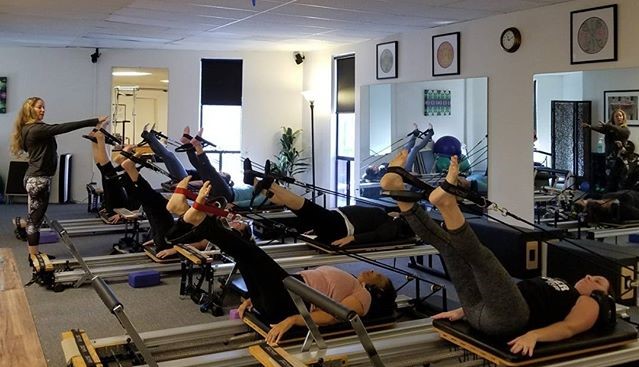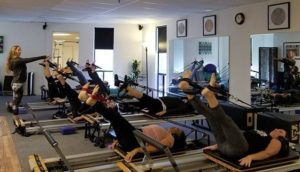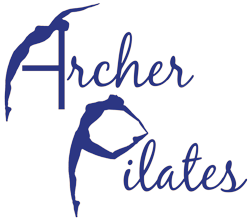

“Pilates is the complete coordination of body, mind and spirit.” — Joseph Pilates
When I was in high school, I had a guidance counselor that was a strong proponent of what he called MH Days. If someone came to his office overwhelmed and stressed, he would offer to write them out of classes for the day to focus on themselves and take care of their mental health — the “MH” in “MH Days.” I carried his approach with me over the years. When operating my own business, I would keep an eye on the spirit of the team. When energy seemed to be slipping due to long days and heavy workloads, I would declare a “Zoo Day” where we all went and did something relaxing for the day. It was amazing how taking those breaks would lift spirits and raise productivity.
While we all can’t just take off and go to the zoo whenever we feel overwhelmed, it’s important to ensure we are taking time to take care of ourselves. Taking a break from the stress and demands of everyday life can be rejuvenating. This concept seems to make sense these days more than ever! Exercise is increasingly being used as a way to reduce stress and promote mental health. Studies have shown that exercise can reduce anxiety and depression. Exercise increases blood flow to the brain and helps calm our central stress response system (the hypothalamic pituitary adrenal or HPA axis). Because the HPA axis controls our body’s reaction to stress (both physical and mental), an overactive HPA axis can lead to irritability, sleeplessness and exhaustion.
Pilates combines four types of exercise: cardiovascular, resistance, balance and flexibility. The endorphins released during exercise help improve a sense of well-being. Pilates’ slow, flowing movements give you time to connect to your body and focus inwards, effectively relaxing you while you work your muscles. This mindfulness aspect can help to further reduce anxiety. Deep, controlled breathing ensures a healthy flow of oxygen to your muscles and to your brain. A study published in Lancet Psychiatry explored which forms of exercise best improve mental health. They found that those that combine a social aspect as well as the physical benefits provide the best results. Although Pilates can be done alone, when we come together in class for that hour we form bonds with those we see in class, creating our Pilates community. This further enhances the positive effects of exercise on our mental health.
Joseph Pilates talked of the mind-body connection. During a Pilates session, you are reminded to keep focused on what your body is doing, how it is moving, how the muscles are reacting. Not only does Pilates exercise release endorphins, but this mind-body connection can help reduce muscle tension and can actually relax your muscles as you learn to use them correctly. Focusing on your body can distract you from negative thoughts and everyday stressors. Pilates can help your body feel better, stronger, more flexible, and more resilient. When your body feels better, your mind feels better. That strong mind-body connection promoted in Pilates goes even further in helping to improve mental health.
So the next time you are feeling stressed and overwhelmed, get yourself out to do some exercise. Even better, come do Pilates with us. We are located in the Los Angeles, Westchester, Culver City area but are also offering virtual Pilates classes. Find the class that’s right for you and take that step to better physical and mental fitness!
